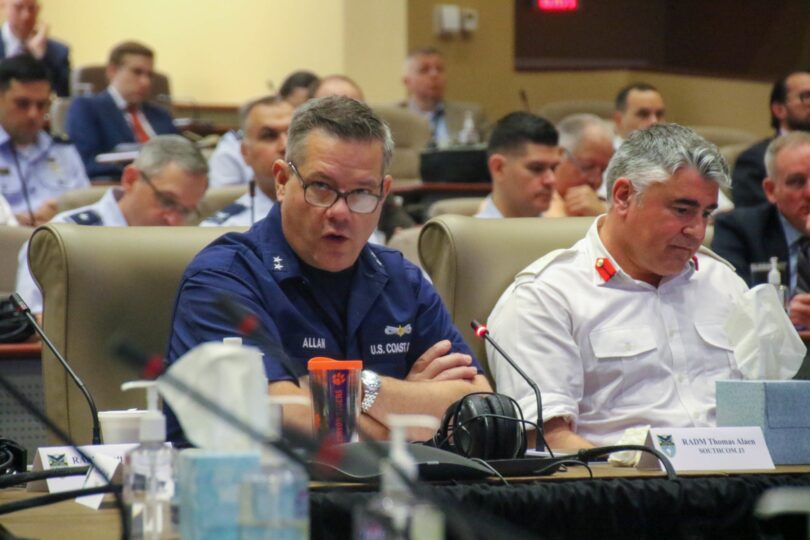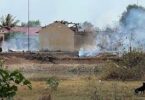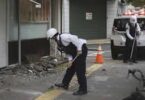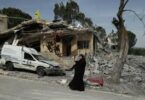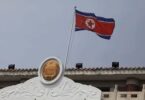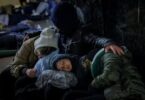By Jim Garamone
WASHINGTON DC: “We must think big,” said Army Gen. Laura J. Richardson, the commander of U.S. Southern Command, at the beginning of the conference last week. “The enemy is not waiting for us to think big and move out. They are moving out each and every day in your countries. And we’ve got to do it faster. And we’ve got to be working overtime because our adversaries wake up each and every day trying to figure out how they’re going to do an end run around us.”
The conference, held in Miami, attracted 10 partner nations: Argentina, Brazil, Canada, Chile, Colombia, Ecuador, Mexico, Paraguay, Peru and Uruguay. Officials with U.S. Northern Command and U.S. Space Command also attended and participated. This was the third annual space conference.
The conference is all about advancing space cooperation. “This is what the power of partnership is,” Richardson said. “This is how we move mountains. This is how we move planets. This is how we move forward in a domain that is so important.”
The general said that the importance of the space domain has been manifest for years, yet “it keeps getting treated like it is new. We’ve got to get over it. [Space] is not new, and we need to move our partnership and we need to move out on working together.”
Space is key to many earth-bound capabilities important throughout the hemisphere. Maintaining space capabilities matters not only to military purposes, but to telecommunications, economic, research and navigation needs.
Cooperation in the hemisphere is not merely a choice, but an absolute necessity given the complex world situation, said Air Force Brig. Gen. Robert D. Davis, the operations chief at U.S. Northern Command. “Our competitors and our adversaries seek to exploit our perceived weaknesses and vulnerabilities in the space domain,” he told the conference attendees. “This jeopardizes our respective nations’ ability to protect and project national power; deter and counter aggression; and accomplish our objectives.”
Army Maj. Gen. Brian W. Gibson, the director of plans and policy at U.S. Space Command, said now is the time to make these plans. Now is the time to work out systems and procedures in the space domain. There is competition in space, he said, and there is “certainly the desire to do things together. And we must. If we don’t approach common interests together, when we are faced with the reality that we must [work together], we likely won’t do it as well.”
U.S. Space Force Chief Master Sgt. Jacob C. Simmons, U.S. Space Command’s senior enlisted leader, also attended the conference giving the enlisted perspective to the attendees.
There needs to be a strategy governing the use of space in the hemisphere, said Coast Guard Rear Adm. Thomas G. Allan Jr., U.S. Southern Command’s director of operations. He said he wanted the conference attendees to discuss the importance of space, but also what that strategy needs to be, and he urged the attendees to start building that together.
The attendees did work together. “We identified several bilateral and multilateral opportunities, including increasing participation in Exercise Global Sentinel; concluding additional Space Situational Awareness Data Sharing agreements; and developing a common space doctrine to enhance interoperability,” Spacecom’s Gibson said.

